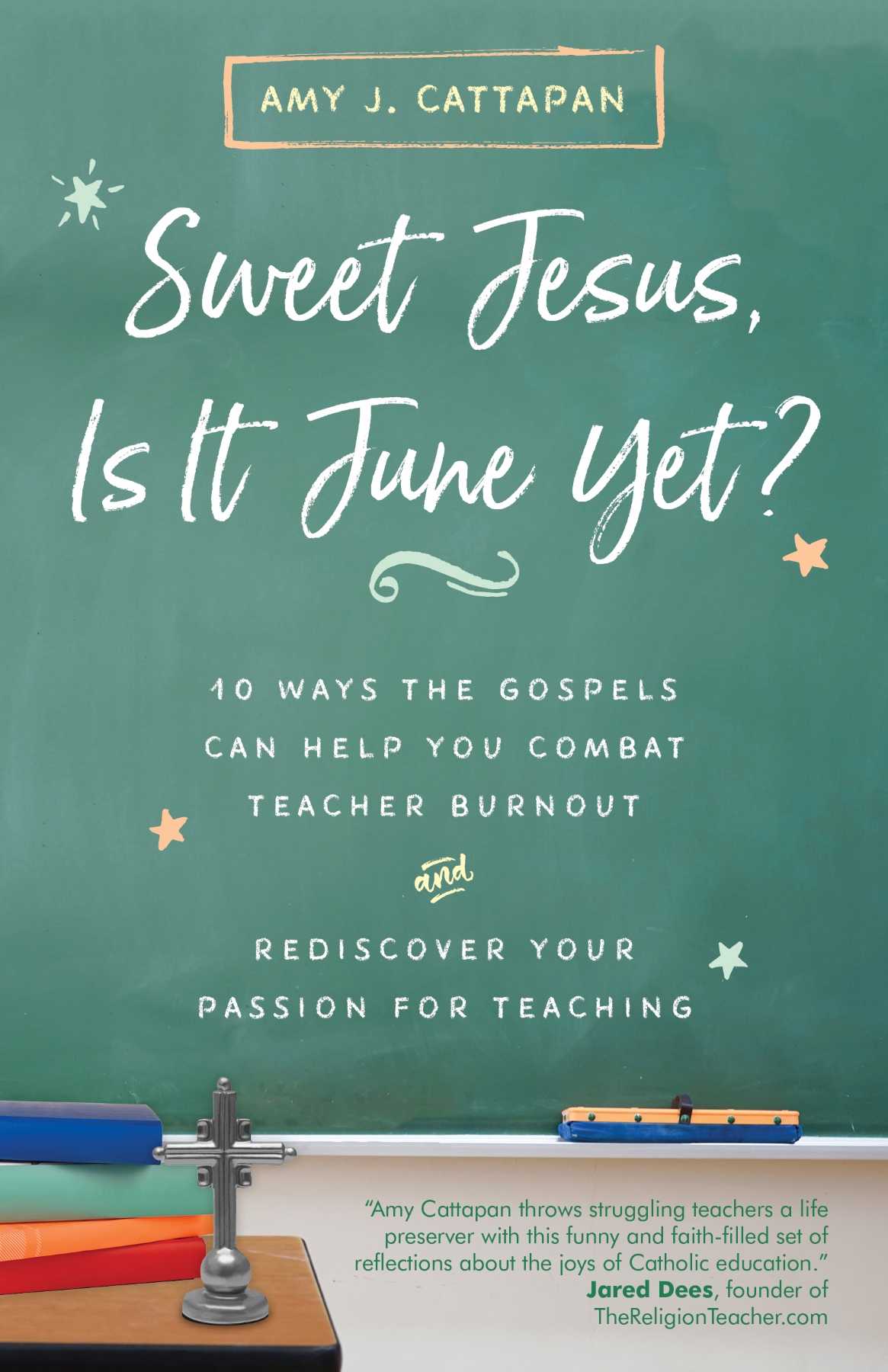
This month’s CWG Book Blast is to get you ready for Lent. We’re a little behind, but that doesn’t make Margaret Rose Realy’s book any less applicable. It’s a perfect springtime meditation as well. It has the CWG Seal of Approval and is published by Patheos Press.
Cultivating God’s Garden through Lent
Margaret Rose Realy, Obl. OSB
These daily reflections for Lent offer tranquility and simplicity by finding God through nature. Readers who love gardens and woods and find solace in experiencing the Creator through these environments will enjoy these prayerful reflections.
Excerpt:
Thursday after Ash Wednesday
Fast from bitterness; turn to forgiveness
Fast from hatred; return good for evil
It was a relatively small patch that I had dug at the back end of the yard to the rental house where I planned a vegetable garden. As an undergraduate at MSU, and a decade older than my classmates, I knew that growing my own food was a necessity; I did not have parents supporting my education.
I dug a portion of the sod and broke up clumps, picked stones and broken glass from the soil, raked it smooth, and mounded the edges to help direct water. Purchasing seeds, I then planted the early season crops of peas, radishes, kales, and a few herbs. A few weeks later I would purchase starter plants for vegetables that took longer to mature such as eggplants, tomatoes, and peppers.
I returned home rather late after classes one day about a week later and again headed to the back of the yard to water the seedlings before sunset. A few feet away I stopped dead in my tracks, saddened by the state of my garden patch. The mounded edges had been kicked into the lawn. Two-thirds of the patch had been covered over with pieces of hand-dug sod, while the remaining third was trampled. Apparently I had unknowingly encroached into the neighbor’s property.
Disheartened, I cleaned up what remained but knew I did not have enough time in my schedule to expand the now even smaller patch.
Soon afterwards, as weather permitted, I planted starters of tomatoes and eggplants in the remaining section of garden. In another garden area bordering the house I tucked in some bush zucchini seeds.
Throughout the summer when I was studying in my room, I would often hear the neighbor mowing his yard and anxiously hoped my plants were safe. They were often coated with grass clippings but never really damaged.
It wasn’t long until the fruits of my labor ripened and canning and freezing commenced. There is something about tomato and zucchini plants in that I always underestimate their production. Even with the smaller plot I had an overabundance.
While washing the vegetables I looked out the window over the kitchen sink. Sitting in the shade of a large sycamore tree was the woman who lived with the man who mowed the lawn that covered my plants with debris. What I saw was just another woman on a hot August day trying to find a cool place to sit. I had lived next to her for almost a year and never knew her name. After all, I was just another student in the rental house next door.
I carefully laid newspapers in the bottom and up the sides of a small cardboard box. I placed a few small zucchini to one side and then piled several large tomatoes on the other. I took a deep breath and headed out the screened side door.
As I approached the woman I introduced myself and held out the box of vegetables. I could tell by the look on her face she was surprised to see me. I think she realized for the first time that I, the student next door, was close to her own age and not a teenager.
As she accepted my gift she seemed dumbfounded by my presence. She never rose from the lawn chair or told me her name. Avoiding eye contact, she spoke a barely audible “Thanks.”
Feeling rejected, but without bitterness, I turned away and went back to my kitchen to continue putting food by. Looking again through the window I noticed that my neighbor had left her shady area and taken with her my gift.
That September I found a room in a house closer to campus. Before I moved away I kicked the mounded edges of dirt into the little patch that had been my garden, smoothed it over, and dusted it with seeds for new lawn. I patted down my pant legs and “shook the dust from my sandals,” knowing I had already moved on.
____________________________
Heavenly Father,
Guide me to always reflect you to those around me. Spare me the shame of reciprocal behaviors rooted in personal pride and let me not limit your love to human love. Grant me to be charitable and forgiving in the face of apathy or anger, so that those whom I meet will know it is you that I serve.
Amen.
Available online at:
Amazon, http://bit.ly/1Ms4EPF
Patheos Press, http://bit.ly/1iBPxTm
Barnes & Noble, http://bit.ly/17J9Fn2
Website: http://www.patheos.com/blogs/prayergardens
Author Central: http://amzn.to/1AKPvUS
Still not sure? Check out this review:
Cultivating God’s Garden through Lent offers daily reflections for each of the days of Lent. These reflections come from the writer’s experience bringing order to gardens both real and spiritual. At every turn of the trowel, every sprinkle of seed, every tug of a weed, Margaret points out to us the rich, loamy meaning that God has for us, just waiting there quietly, if only we will make ourselves still and small enough to see. Margaret does this, shares the fruits of her contemplation with us, and in doing so, invites us to examine our own gardens, wild and weed-ridden they may be. If we stop and look with her, we will see the kind of quiet, luscious adventure that only a gardener can find. This is the first book to ever make me wish Lent could be longer than it already is. The meditations in Cultivating are just the right length to slow you down without dragging it out, and the messages are presented so clearly… I cannot wait to see what sorts of seeds come forth from the read during that time of cold, silent, invisible growth [of Lent]. ~ Mrs. Erin McCole Cupp, OP









